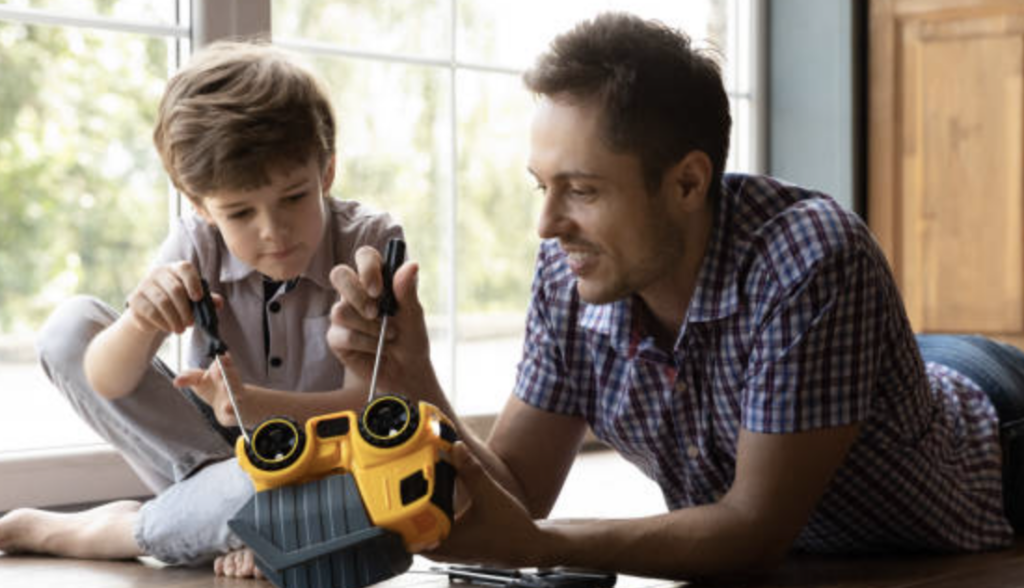Positive Discipline for Your Child
1. Make a rule list for your family that everyone can refer to as a daily reminder
-
- Example: No jumping on the couch
2. Set a daily schedule with consistent meal times, structure play, down time, 30 minutes of 1 to 1 time with mom, 30 minutes of child-daddy time, and a consistent bed time
3. Give your child a 5-10 minute count down to transition beginning and ending activities
-
- Example: We will be leaving the park in 5 minutes.
4. Use time-out’s consistently and they will work.
-
- Example: set timer for 4 minutes for 4-year-old child and add 1 minute if child leaves time-out
5. Explain to your child that the world is full of rules. Share the responsibility.
-
- Example: “You need to sit in your car seat on the count of 3. If you do not, the police will give us a ticket.”
6. A good sense of humor goes a long way! Redirect your child to an acceptable behavior/activity and have fun with them.
-
- Example: “Joey, you may not hit people with that toy, but you can hit your drum or we can play a game of tag or hide and seek. What do you want to do?”
7. Talk to your child the way you would want someone to talk to you. Teach respect and bend down to talk with your child at eye level.
8. Do not refer to your child as “bad.” We do not want to shame them and cause lowered self-esteem. The child is not bad, the behavior is. Tell your child what they can do, not just what they cannot do.


9. Make time for your child each day to cuddle and play. 30 minutes of positive attention per day goes a long way. Tell your child, “This is our special time.”
10. Be aware of your issues from your childhood and work through them so you do not repeat history. Carry on the good and grieve the bad.
11. Be kind to your child even when you’re angry. Keep your feelings in check and be a positive role-model by telling your child, “I need a time-out to calm down,” set the time, take a break, practice deep breathing, and regroup.
12. Read your child books like When I Feel Angry. Teach your child acceptable ways to vent anger and practice them too!
13. Apologize to your child when you have lost control of your anger. Parents are human and make mistakes. Children learn from your modeling so you must take responsibility for your actions and feelings.
14. Remember – you are a role-model and teacher to your child everyday. Teach by example.
15. Focus on the positive and keep a positive attitude. Catch your child being good and reward them with praise.
-
- Example: If the day seems difficult, sit and have a calm talk with your child and say, “Let’s turn this day around and start fresh.”
16. Be kind to yourself. Find someone to give you parenting breaks regularly
-
- Example: Grandparents, babysitters, a mother’s helper, or switch off with a friend.
17. Practice self-care to avoid parent burnout. Be realistic about your limits and seek the help of others (i.e., family, friends, child-care, and professionals).

